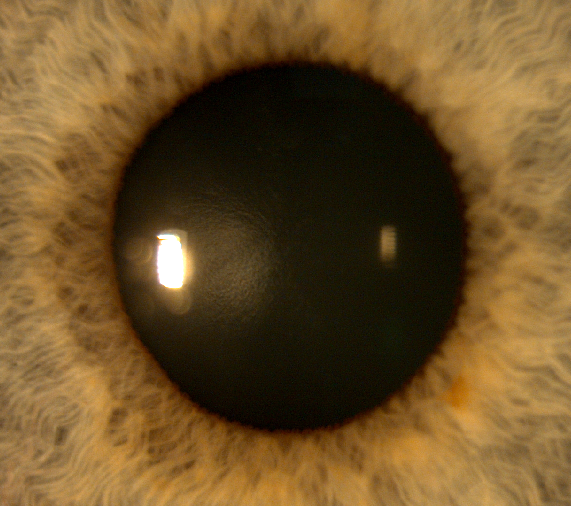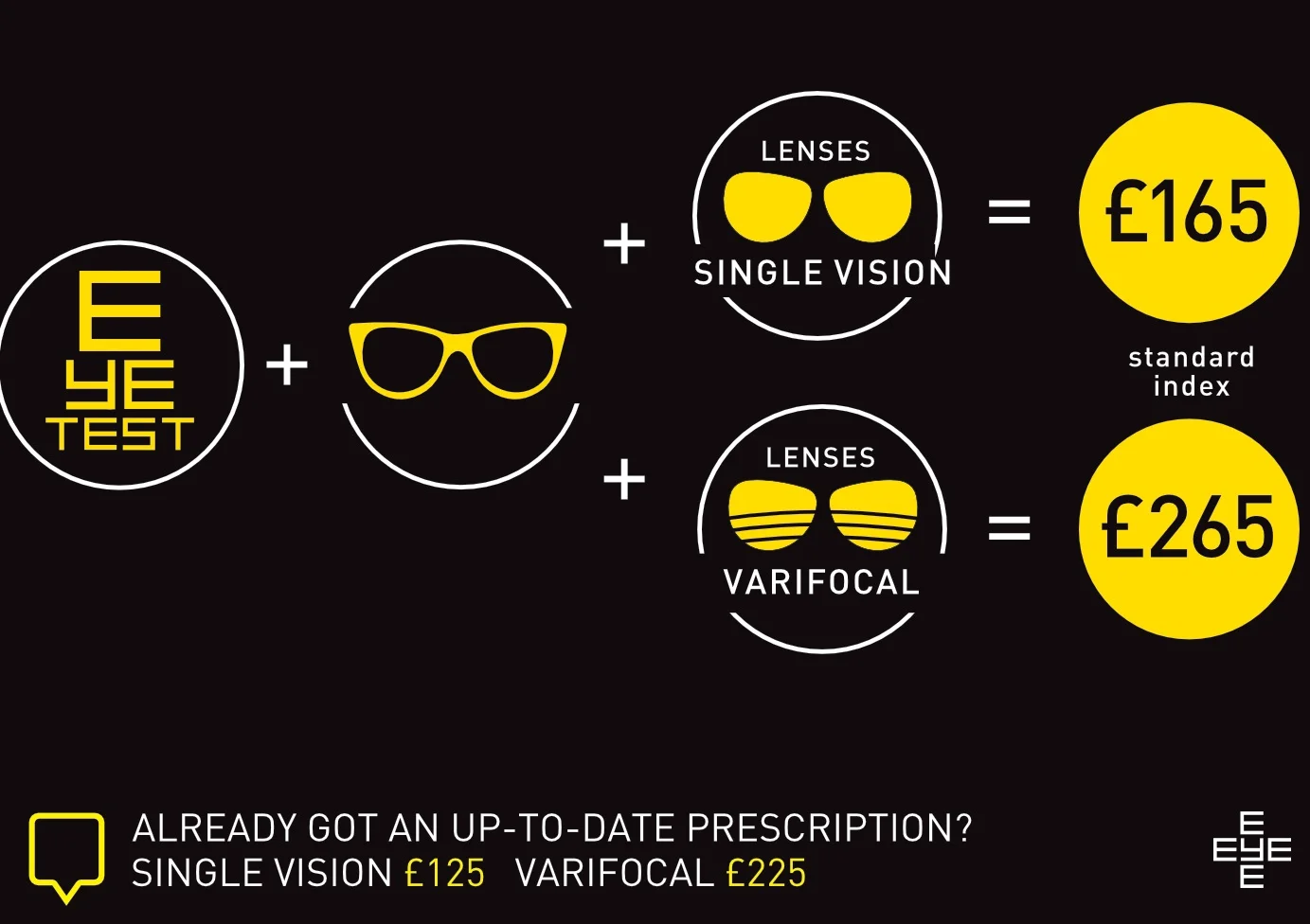If you advertise yourself as an #ethicaloptician then quite rightly people are entitled to ask a few questions.
For us the essence of being ethical is about operating our business in a way that we feel comfortable with and so that people feel they can trust us. For example, we don’t like up-selling (or Ryanair pricing as we think of it) where you end up paying far more than you thought you were going to when you decided to purchase. Having prices that are all-inclusive and up-front is important to us and they are on the wall, in big type and on the website www.eyeyesheffield.co.uk/pricing.
We use a Sheffield lab to cut our lenses into frames. Boots get most of their lenses cut in Thailand and fly them over with 4 planes each day – we don’t approve of that. In fact, we try to #supportlocal as much as we can, using local suppliers where possible. Our #cyclefriendlyoptician initiative is driven by the idea of doing things to help make Sheffield a better place to live – giving £10 off to folk who bring their bike in encourages cycling in to town.
We book appointments 1 hour apart, so we have time to listen, be thorough in our checks, explain findings and answer questions. Most Specsavers book appointments 20 minutes apart. That is too rushed for us.
We seek frames that are made from recycled materials. Our Sea-2-See frames are made from plastic retrieved from the Mediterranean by fishing boats. It was a no brainer for us to stock them. We have other frames made from plant-based materials, some are arriving soon made from recycled steel too. Importantly we don’t charge spurious fees to put frames in your old frame, if that is what you want – makes sense to re-use if it is still in good nick – glazing fees at other opticians are eye-watering to us.
Ethical also means sorting out problems in a way that does not make customers feel bad or blamed - things go wrong and you and we want it sorted.
We support local organisations who we think do good for the community too see a few here www.eyeyesheffield.co.uk/community.
There will always be more to do and your questions/suggestions are welcome – pop in.


